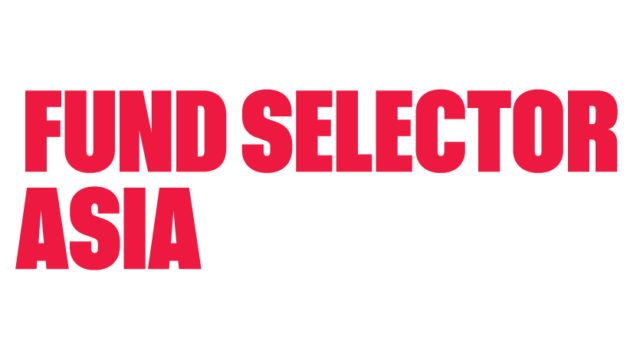Standard Chartered’s discretionary business is growing, Calla said, though he declined to give specific details. He added: “If I look at mutual funds, we’re coming close to a balance between discretionary and non-discretionary in the private bank.”
Income: better than holding cash
Discretionary business growth is one example of changes in client tastes that followed the financial crisis. In the post-crisis years, clients desired simple products and they also returned to the mutual fund, Calla said. In addition, a huge appetite for income products developed.
“Short duration investments with cash flow coming back to the portfolio regularly. That trend cuts across every segment we have. Clients believe there is more benefit in income and it is better than staying in cash.”
“In that space we like funds where seasoned portfolio managers have the flexibility to invest globally through a very diversified portfolio consisting of various income generating securities such as high dividend yielding equities, high yield bonds or mortgage-backed securities.”
Income products have been favoured by the bank’s strategists and global investment council (GIC), and in the last three months, one fund the bank has selected is the JPM Global Income Fund.
Another preference is global equities, due to benign inflation and accommodating monetary policy, he added. Europe in particular is trading at a significant discount to the US, and the weakness in the euro currency could provide a boost in exports in the second half.
Reflecting that view, the bank recently added the opportunistic Henderson Pan European Alpha Fund to its recommended list, “as a way to express the GIC positive view on both European equities and the equity long-short strategy”, Calla said.
Calla noted that investor appetites are clearly changing. Post-financial crisis, investors lacked the appetite for illiquidity and for complex products.
“What’s happening now is we’re actually seeing people come back to private equity and some are ready to commit to a five-year time horizon. The same with hedge funds through long-short and some special situations funds.”
“That is clearly a trend: the lengthening of the time horizon for investment and greater appetite for illiquidity and for some form of complexity.
“But there is a difference. Now people want much more transparency. They want to know what [the fund manager] is going to do. They have questions around that. People are much more prepared when they talk to our bankers, so there is a rising sophistication.”
Fees, emotions and investing
An ongoing question in the industry concerns the cost of the product to the investor: Is it too expensive? Calla believes that the diversity of clients engaged with a private bank calls for multiple approaches to pricing.
“One client may want to come five times a day and talk to someone and another may be happy coming once every three months. If there is only one way of pricing, it creates a distortion. In my view, there cannot be only fixed fee-based [models]. The client should have a choice in pricing. It cannot be one-size-fits-all.
“What we try to do is find out what the client needs from us. These needs are financial but another type of need can be emotional. Some need daily support, others feel comfortable parting with money for ten years. They want different products and have different expected returns as well.
“For example, a client may absolutely not want to invest in US equities, but I know he needs US equities for a diversified portfolio. So we figure out if there is another way. Maybe the best I could do is find a proxy that would achieve as much as possible and get the client comfortable with that.
“You don’t satisfy that through alpha or beta. It’s through communication with the individual client. There is a cost when it comes to emotional needs and sometimes the critics of the industry forget that.”
Read part 1 of Fund Selector Asia’s interview with Alexis Calla here.













